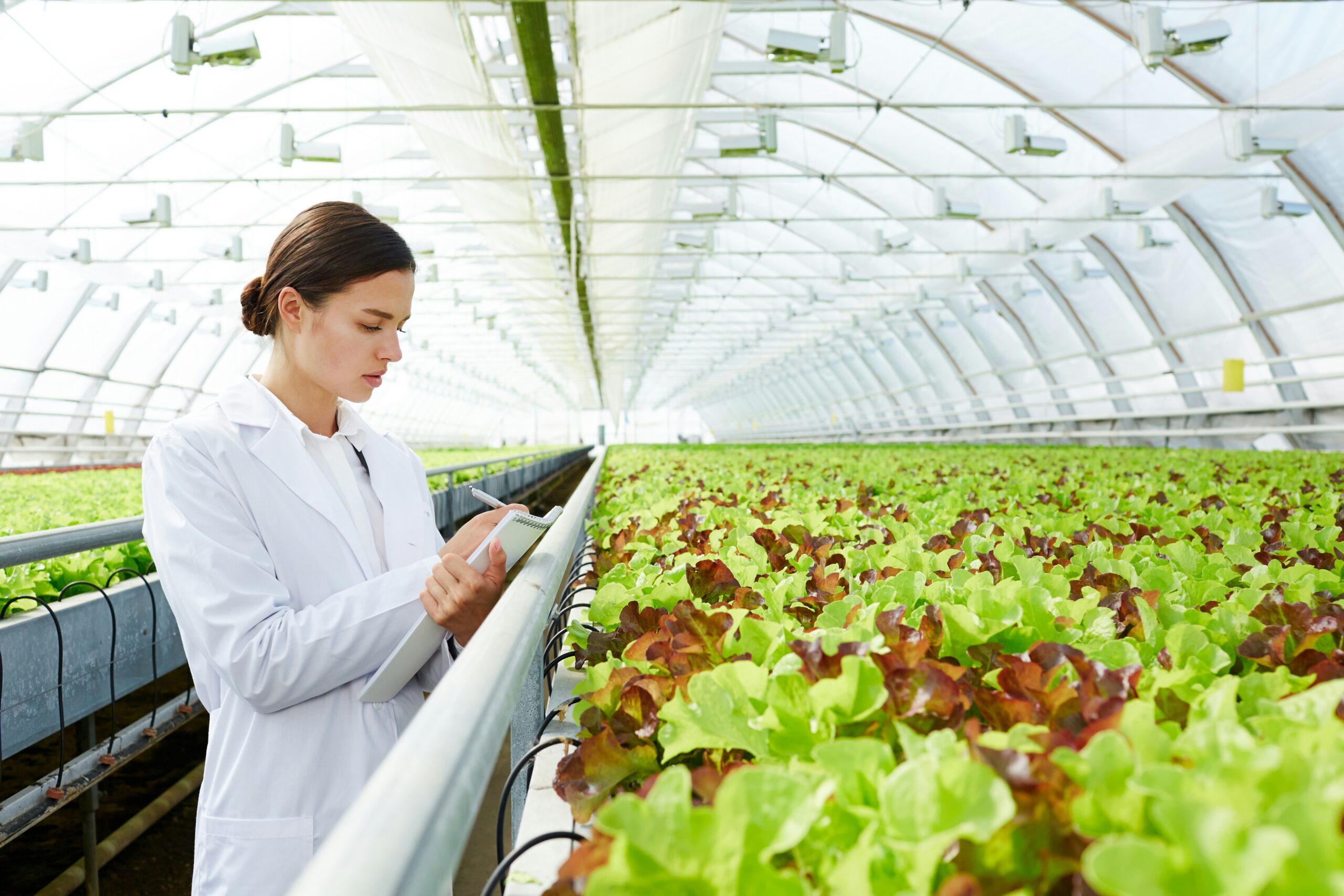
The Evolution of Farming Through Technological Advances
Agriculture has always been the backbone of human civilization, but modern farming practices are undergoing a seismic shift thanks to technological innovation. From advanced machinery to precision farming tools, technology is revolutionizing how crops are grown, harvested, and distributed, ensuring higher efficiency and sustainability.
Smart Farming: Precision and Productivity
One of the most impactful advancements in agriculture is the adoption of precision farming. Using GPS and IoT-enabled devices, farmers can monitor soil conditions, weather patterns, and crop health in real-time. This level of precision allows for optimized planting, watering, and fertilizing, reducing waste and boosting yields. Drones equipped with multispectral sensors are another game-changer, offering aerial views to identify areas requiring attention. These technologies not only enhance productivity but also help minimize environmental impact by reducing resource consumption.
The Role of Artificial Intelligence in Agriculture
Artificial Intelligence (AI) is reshaping how decisions are made on the farm. AI-powered tools can analyze vast amounts of data to predict weather patterns, pest outbreaks, and optimal planting times. For example, machine learning algorithms process historical and real-time data to help farmers decide the best strategies for maximizing yields. Robotics, powered by AI, is also making its way into fields, with autonomous tractors and harvesters reducing labor demands and improving efficiency.
Sustainable Practices Through Technological Innovation
With the global population growing and arable land decreasing, sustainable farming practices are more critical than ever. Vertical farming, hydroponics, and aquaponics are examples of how technology is enabling agriculture in urban and resource-limited environments. These systems rely on controlled environments and innovative methods to produce crops with minimal water and land use. Renewable energy sources, such as solar-powered irrigation systems, further contribute to sustainability in farming operations.
Big Data and Analytics: A Farmer’s New Best Friend
Data is the lifeblood of modern farming. From weather data to crop performance metrics, farmers now have access to tools that provide actionable insights. Platforms powered by big data allow farmers to make informed decisions, such as choosing the right seeds for specific soil types or determining the optimal time to harvest. Additionally, blockchain technology is being used to improve transparency in supply chains, ensuring consumers have access to trustworthy information about the origin and quality of their food.
The Internet of Things (IoT) in Agriculture
IoT technology is bringing unprecedented connectivity to the agricultural sector. Sensors placed in fields monitor soil moisture, temperature, and nutrient levels, sending data to central systems for analysis. Smart irrigation systems automatically adjust water delivery based on each plant’s needs, reducing water waste and improving crop health. These connected systems allow farmers to manage their operations remotely, ensuring efficiency even in large-scale farms.
Challenges and Opportunities in Adopting Technology
While agricultural technology has immense benefits, challenges remain. High initial investment costs can deter small-scale farmers from adopting advanced tools. Additionally, the digital divide in rural areas can limit access to these technologies. However, governments and private organizations are working to bridge these gaps by providing subsidies, training programs, and infrastructure improvements.
The opportunities, on the other hand, are vast. Technological advancements are paving the way for more inclusive and equitable farming practices. For instance, mobile apps are enabling smallholder farmers in developing countries to access markets, financing, and agricultural advice, empowering them to increase productivity and income.
The Future of Farming: What Lies Ahead
As technology continues to evolve, the future of farming looks promising. Emerging trends include the use of gene-editing tools like CRISPR to develop resilient crop varieties and the integration of renewable energy solutions into farming operations. Additionally, agricultural startups are driving innovation by developing cutting-edge solutions tailored to the needs of modern farmers.
Robotics and automation will play an even more significant role, with advancements in AI making machines more innovative and more versatile. The combination of these technologies promises a future where farming is not only more efficient but also more sustainable and accessible to all.
The transformative impact of technology on modern farming practices cannot be overstated. From precision farming and AI to IoT and sustainable practices, innovation is revolutionizing agriculture at every level. As farmers adopt these technologies, they are not only improving productivity but also addressing critical challenges like food security and environmental sustainability. The future of farming is undeniably tied to the power of innovation, ensuring a thriving agricultural sector for generations to come.